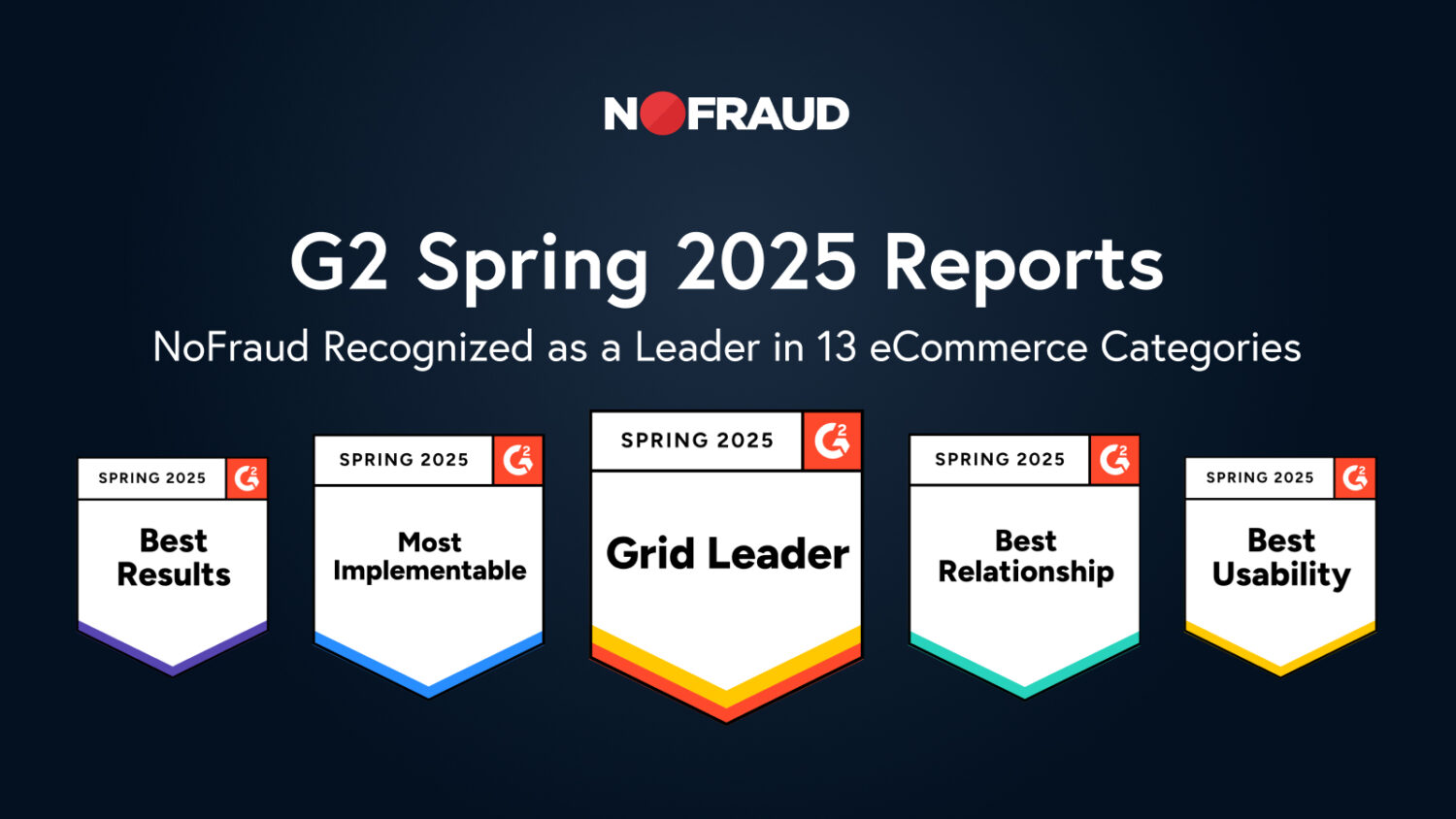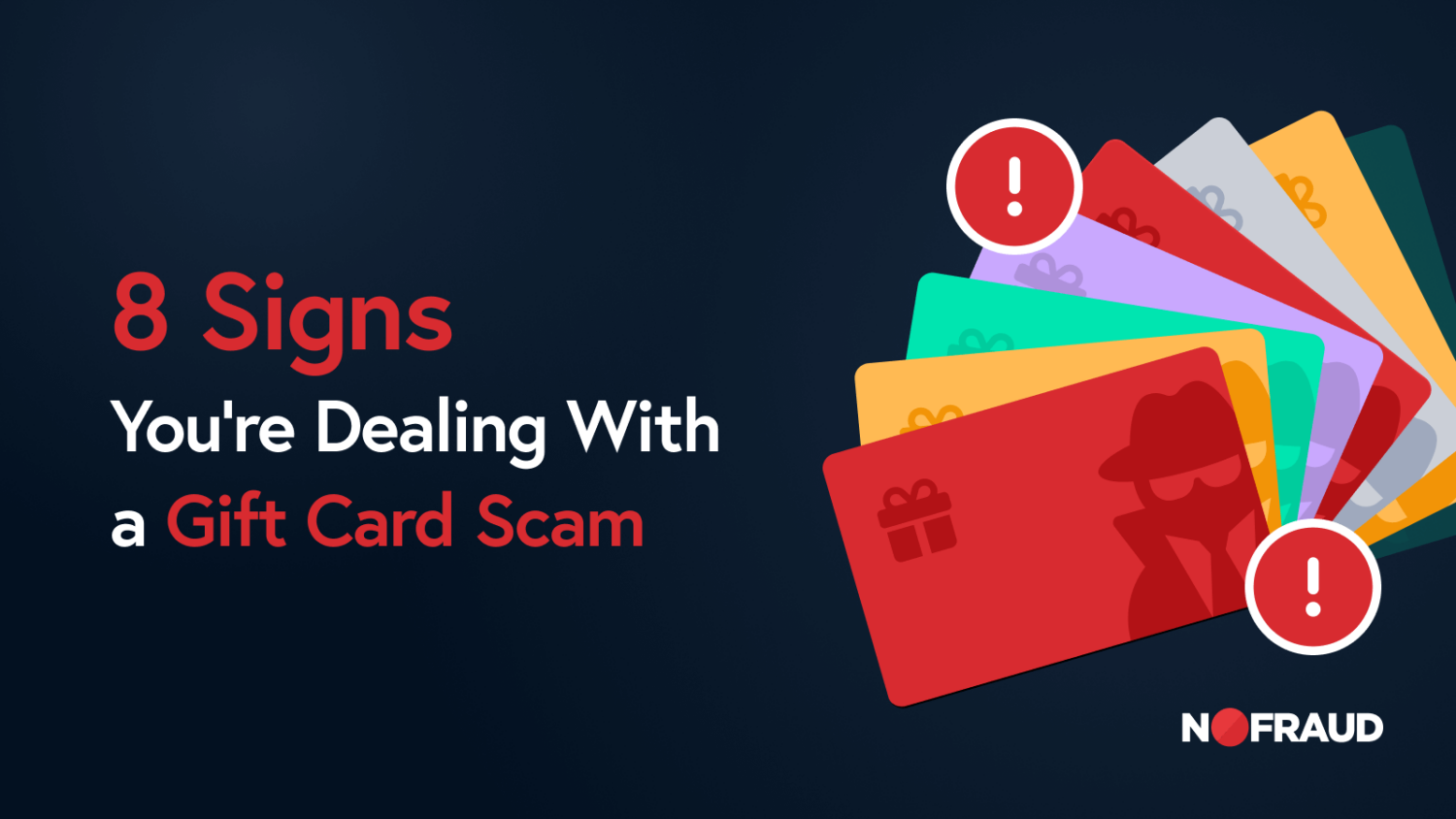Ecommerce merchants fight chargebacks by using payment gateway filters to protect their integrated payments processes from fraudulent behavior. What many online stores may not realize is that using gateway filters for ecommerce fraud prevention actually hurts their businesses by declining good orders along with fraudulent ones, blocking their revenue and stunting their growth.
Here, we walk you through the nitty-gritty of what payment gateways do, how you can use their filters to screen for fraud—and why you shouldn’t.
What is a Payment Gateway?
Payment gateways process online payments from credit and debit cards. They make online shopping possible by connecting and authorizing payments between ecommerce customers and merchants.
There are two main types of gateways: hosted and integrated.
Hosted Payment Gateways
Payment-processing companies like PayPal operate hosted gateways. The main benefit of using a hosted gateway to manage your ecommerce transactions is that the hosting company is responsible for all compliance and security requirements to ensure safe checkout.
The downside is that your customers leave your website to place their orders. They’ll be redirected to the gateway host’s website, which means you won’t have full control over their entire online shopping experience. A sense of disconnection can jolt a customer out of the shopping process prematurely, hurting conversion.
Consider this example: a potential customer spends time browsing the products on your website, which you’ve carefully designed to run smoothly and reflect your brand. When they are ready to check out, they are unexpectedly rerouted to the gateway host’s website to finish processing the payment. If the gateway site is slower, less secure, or even less visually appealing than your own familiar website, that shopper might just reconsider the purchase and abandon the cart or checkout.
Integrated Payment Gateways
Alternatively, integrated gateways can be built into your website so that your customers never have to leave your site during the payment process.
WooCommerce is an example of an integrated payment gateway. Like many similar services, WooCommerce integrates neatly into most websites. However, you’ll be charged a processing fee for each transaction, making it a costly choice for businesses that handle many small transactions.
Also, unlike their hosted counterparts, integrated gateways put the burden of data security on your business. They require some technical expertise to manage, so if you aren’t at least somewhat skilled at computer programming, you may need to hire a programmer to set up and maintain your payment gateway.
It’s important to choose the right payment gateway for your business. If your customers don’t feel that their payment information is secure, or if they run into difficulties during the order process, you’re likely to see an increase in abandoned carts and abandoned checkouts.

What is a Gateway Filter?
A gateway filter is a set of rules used by a payment gateway to identify and reject payments that seem likely to be fraudulent. To some extent, ecommerce merchants can usually set up and adjust the filters on the gateways they use to customize their specifications.
For example, you could set your gateway filter to deny all transactions with AVS mismatches—billing addresses that don’t match the addresses on file with the credit card company. You could also set your gateway filters to deny all transactions with CVV mismatches—when the card verification value does not match the code associated with the credit card—or block transactions from certain countries entirely.
Gateway filters are usually free to use and can be a decent fraud prevention tool for merchants who don’t experience much fraud. They’re far from a perfect solution, however.
What’s the Problem with Gateway Filters for ecommerce Fraud Prevention?
The selection of available rules is limited, so you can’t screen for every type of transaction fraud. The gateway filter rules are also not very flexible. This leaves the merchant with an unpleasant choice:
- Set the rules too loosely and unintentionally allow fraudulent transactions to be processed, which results in lost merchandise and a costly chargeback fee.
- Set the rules too strictly and decline legitimate transactions—and revenue—along with fraudulent ones.
A high false rejection rate can cost merchants heavily in lost sales, especially since rejected customers are likely to take their future business to a competitor. Advisory firm Javelin Strategy and Research found that 39% of legitimate customers whose transactions were declined by a merchant’s overcautious fraud-prevention filters never shopped with that merchant again.
“We estimate that in the U.S. alone, the value of false declines is more than thirteen times the total amount lost to actual card fraud,”
says Al Pascual, senior vice president, research director, and head of fraud and security at Javelin.
Consider these Statistics
- 3.6% of all ecommerce shoppers put in the wrong billing address when they check out. Standard fraud-detection filters will flag these orders with an “AVS N” error notification and decline the transaction—even though 91.9%of those orders are from legitimate customers.
- 6.7% of all ecommerce shoppers enter a billing address that’s only partially correct (leading to the error notification “AVS A,Z”). A full 98.1% of those orders are legitimate, but all of them will be denied by overzealous gateway filters.
- Similarly, 15% of all transactions do not have an exact CVV match. 98.7%of those orders are safe to ship, but you won’t ship any of them if your strict gateway filter declines them first.
By turning away good customers, your gateway filters could be forcing you to leave money on the table. Take a few minutes to check if you have those profit-killing settings for your filters turned on at your payment gateway. By switching them off, you can easily boost your order acceptance rate by more than 10%.
Is Manual Review a Safe Alternative to Gateway Filters for ecommerce Fraud Prevention?
For many ecommerce businesses, achieving adequate security without turning away valid customers is impossible with their payment gateway filters. In this case, they’ll need to rely on a more accurate fraud detection solution.
Often, merchants will fight fraud with manual review, counting on employees to look through orders, spot the fraudulent ones, and decline them. However, manual review is an expensive and time-consuming solution, even when merchants choose to review only orders worth more than a certain dollar amount.
When engaging in manual review, ecommerce merchants pay for countless hours of human resources, often hiring employees whose only job is to screen orders for fraud. These employees are still vulnerable to human error, especially when they don’t have access to all the available fraud-detection databases and technologies. Moreover, manual review can be relatively slow and tedious, resulting in delays when processing a high volume of orders.
What Can I Do to Protect my Business from Fraud if I’m not Relying on Gateway Filters for ecommerce Fraud Prevention or Manual Review?
A genuinely effective fraud detection system uses multiple layers of technology to analyze many data points from various sources and drastically reduces the need for manual review.
Unfortunately, they tend to be prohibitively expensive, difficult to set up and maintain, and designed with large businesses in mind. For many growing ecommerce companies, these technology-driven solutions are not a viable or cost-effective option.
Fortunately, there’s NoFraud. NoFraud’s automated fraud prevention technology provides a layer of advanced protection between an ecommerce site’s shopping cart and its payment gateway, running quickly and smoothly in the background without slowing down the shopper experience.
NoFraud is uniquely capable of reliably identifying when data mismatches are the result of honest customer errors. When typos are detected, NoFraud alerts customers instead of declining their orders, allowing them to correct their information and complete their purchases in real-time. That means you don’t lose out on a sale every time someone makes a mistake while typing in their billing address.
NoFraud is easy to use, affordable and adapts to keep up with evolving fraud threats. By comparing data gathered from all NoFraud merchants, NoFraud’s algorithm is able to spot emerging fraud trends and better protect all the merchants who rely on it.
There’s a human element to NoFraud, too. Our team of expert fraud analysts carefully monitors the declined transactions and makes sure that our software never turns away legitimate orders from your business. It’s the ideal fraud prevention solution, weeding out the fraudulent orders for you without compromising your bottom line in the process.
Try NoFraud at no risk today. In just minutes, NoFraud’s powerful algorithm integrates seamlessly into your payment system to keep your business safe from fraud and overcautious revenue blocking gateway filters.



